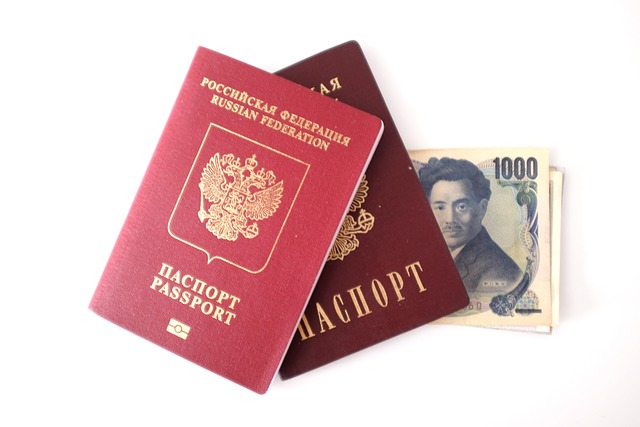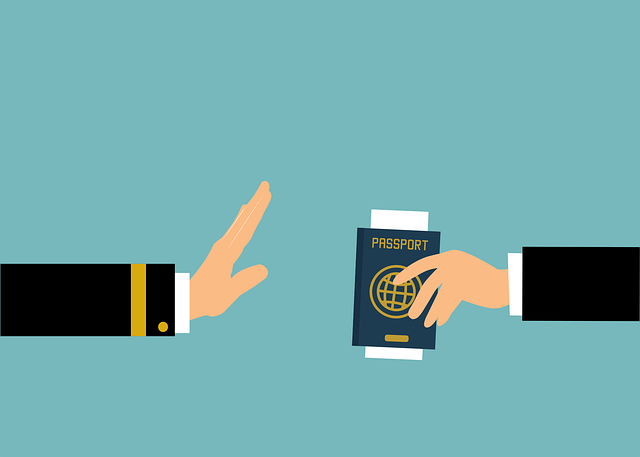Benefits of Dutch Citizenship: Passport and Rights

Obtaining Dutch citizenship is a significant step that offers numerous benefits, including the ability to live, work, and study in the Netherlands without restrictions, as well as the freedom to travel within the European Union (EU) and beyond. Dutch citizenship also provides access to a range of social, political, and economic rights. This article explores the key benefits of Dutch citizenship, including the advantages of holding a Dutch passport and the rights that come with being a Dutch citizen.
1. The Dutch Passport: A Powerful Travel Document
One of the most immediate and tangible benefits of Dutch citizenship is the ability to obtain a Dutch passport. The Dutch passport is one of the most powerful travel documents in the world, offering visa-free or visa-on-arrival access to numerous countries.
1.1. Visa-Free Travel
- Schengen Area: As a Dutch citizen, you can travel freely within the Schengen Area, which includes 26 European countries, without needing a visa.
- Global Access: The Dutch passport allows visa-free or visa-on-arrival access to over 180 countries, including the United States, Canada, Australia, and Japan.
1.2. Consular Protection
- Dutch Embassies and Consulates: Dutch citizens can seek assistance from Dutch embassies and consulates abroad in case of emergencies, such as lost passports or legal issues.
2. Political Rights
Dutch citizenship grants you full political rights, allowing you to participate in the democratic process and have a say in the governance of the country.
2.1. Voting Rights
- National Elections: Dutch citizens can vote in national elections, including elections for the House of Representatives (Tweede Kamer) and the Senate (Eerste Kamer).
- Local Elections: You can also vote in local elections, such as municipal and provincial elections.
- European Parliament: Dutch citizens can vote in elections for the European Parliament.
2.2. Right to Stand for Office
- Political Candidacy: Dutch citizens have the right to stand for political office at the local, national, and European levels.
- Public Service: You can also work in public service and hold positions in government agencies.
3. Social and Economic Rights
Dutch citizenship provides access to a range of social and economic rights, ensuring a high quality of life and financial stability.
3.1. Social Benefits
- Healthcare: Dutch citizens have access to the country’s high-quality healthcare system, which is funded through mandatory health insurance.
- Education: Dutch citizens can access free or subsidized education, including primary, secondary, and higher education.
- Social Security: You are eligible for social security benefits, such as unemployment benefits, disability benefits, and pensions.
3.2. Employment Opportunities
- Unrestricted Work Rights: Dutch citizens can work in any sector without needing a work permit. This includes self-employment and freelance work.
- EU Labor Market: As a Dutch citizen, you have the right to work in any EU/EEA country and Switzerland without needing a work visa.
3.3. Housing and Property
- Property Ownership: Dutch citizens can buy and own property in the Netherlands without restrictions.
- Social Housing: You are eligible to apply for social housing, which is subsidized by the government.
4. Family Reunification
Dutch citizenship allows you to bring family members to the Netherlands through family reunification programs.
4.1. Spouse and Children
- Family Reunification: You can sponsor your spouse, registered partner, and dependent children to join you in the Netherlands.
- Residence Permits: Your family members can apply for residence permits, which allow them to live, work, and study in the Netherlands.
4.2. Parents and Other Relatives
- Parental Reunification: In some cases, you may be able to sponsor your parents or other relatives to join you in the Netherlands.
5. Dual Citizenship
The Netherlands allows dual citizenship under certain conditions, meaning you can retain your original nationality while also holding Dutch citizenship.
5.1. Conditions for Dual Citizenship
- Automatic Dual Citizenship: If you acquire Dutch citizenship through birth or marriage, you may retain your original nationality.
- Naturalization: If you acquire Dutch citizenship through naturalization, you may be required to renounce your original nationality unless you qualify for an exemption.
5.2. Benefits of Dual Citizenship
- Multiple Passports: Holding dual citizenship allows you to enjoy the benefits of both nationalities, including visa-free travel and consular protection.
- Cultural Identity: You can maintain your cultural and familial ties to your country of origin while enjoying the rights and privileges of Dutch citizenship.
6. Cultural and Community Integration
Becoming a Dutch citizen allows you to fully integrate into Dutch society and participate in its cultural and community life.
6.1. Cultural Participation
- Cultural Events: You can participate in and contribute to Dutch cultural events, festivals, and traditions.
- Community Organizations: Join community organizations and clubs to connect with others and build a sense of belonging.
6.2. Language and Integration
- Dutch Language: Proficiency in the Dutch language is often a requirement for naturalization, and it enhances your ability to integrate into society.
- Civic Integration: Understanding Dutch culture, history, and societal norms helps you become an active and engaged member of the community.
7. Legal Rights and Protections
Dutch citizenship provides you with full legal rights and protections under Dutch law.
7.1. Legal Equality
- Equal Rights: Dutch citizens are entitled to equal treatment under the law, regardless of race, religion, gender, or sexual orientation.
- Legal Representation: You have the right to legal representation and a fair trial in case of legal disputes.
7.2. Protection from Deportation
- Permanent Residency: As a Dutch citizen, you cannot be deported from the Netherlands, providing a sense of security and stability.
8. Access to EU Rights and Benefits
As a Dutch citizen, you are also a citizen of the European Union, granting you additional rights and benefits.
8.1. Freedom of Movement
- Live and Work in the EU: You can live, work, and study in any EU/EEA country and Switzerland without needing a visa or work permit.
- Healthcare and Social Security: You are entitled to healthcare and social security benefits in other EU countries under the same conditions as nationals of those countries.
8.2. Political Participation in the EU
- Vote in EU Elections: You can vote in elections for the European Parliament and stand as a candidate.
- EU Institutions: You have the right to work in EU institutions and agencies.
9. How to Obtain Dutch Citizenship
To enjoy the benefits of Dutch citizenship, you must first meet the eligibility criteria and complete the naturalization process.
9.1. Eligibility Criteria
- Continuous Residence: You must have legally resided in the Netherlands for at least five years (or three years if married to a Dutch citizen).
- Civic Integration: You must pass the civic integration exam, which tests your knowledge of Dutch language, culture, and society.
- Renunciation of Previous Nationality: In most cases, you must renounce your previous nationality unless you qualify for an exemption.
9.2. Application Process
- Submit Application: Apply for naturalization through your municipality (gemeente).
- Decision: The Immigration and Naturalisation Service (IND) will process your application, which typically takes up to one year.




